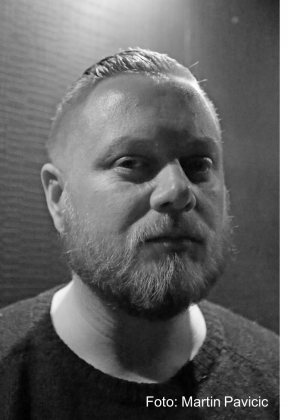The Malice - Swedish death metal with oriental tones |
||
|
The Malice is a new addition to the Swedish death metal map. A genre that seems to be narrow but popular worldwide. The band released its debut EP 2016. The sequel of Lamashtu, 2018, has received very good reviews from several music media across Europe. The essence of oriental instruments and tones gives the band an identity that stands out. Swedish artist Hubbe Liljegren plays together with German artist Claudio Enzler and the two other members of the band. |
||
| Writer: Elise Pavicic | ||
|
I don't have Facebook
|
||
The Malice - Swedish death metal with oriental tones | FESTIVALPHOTO







